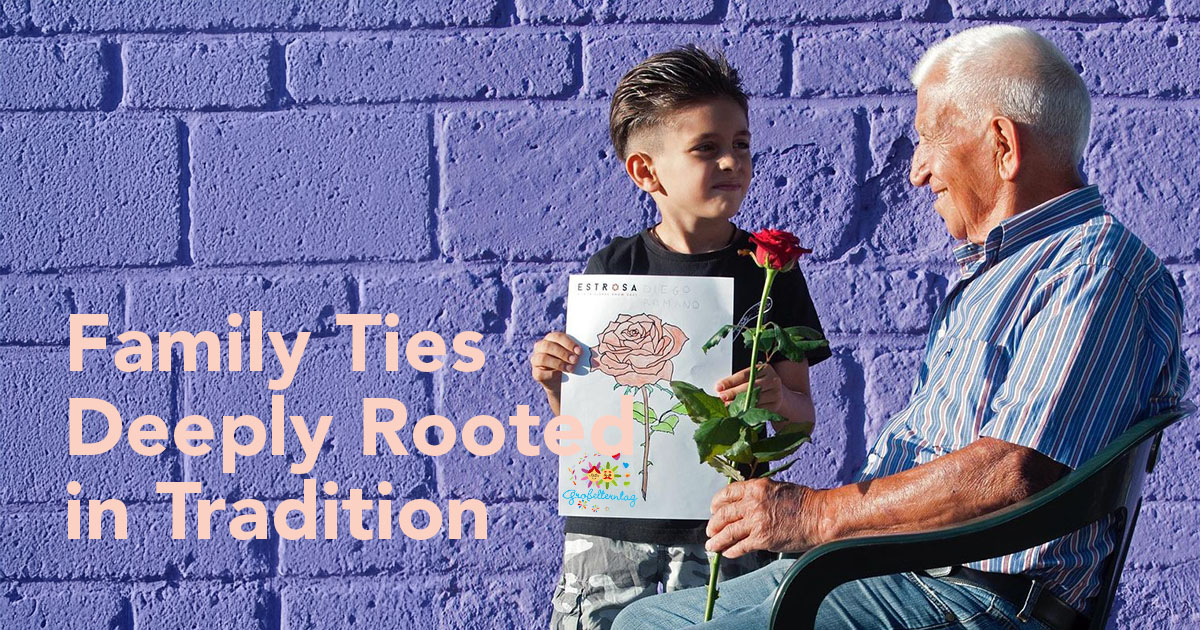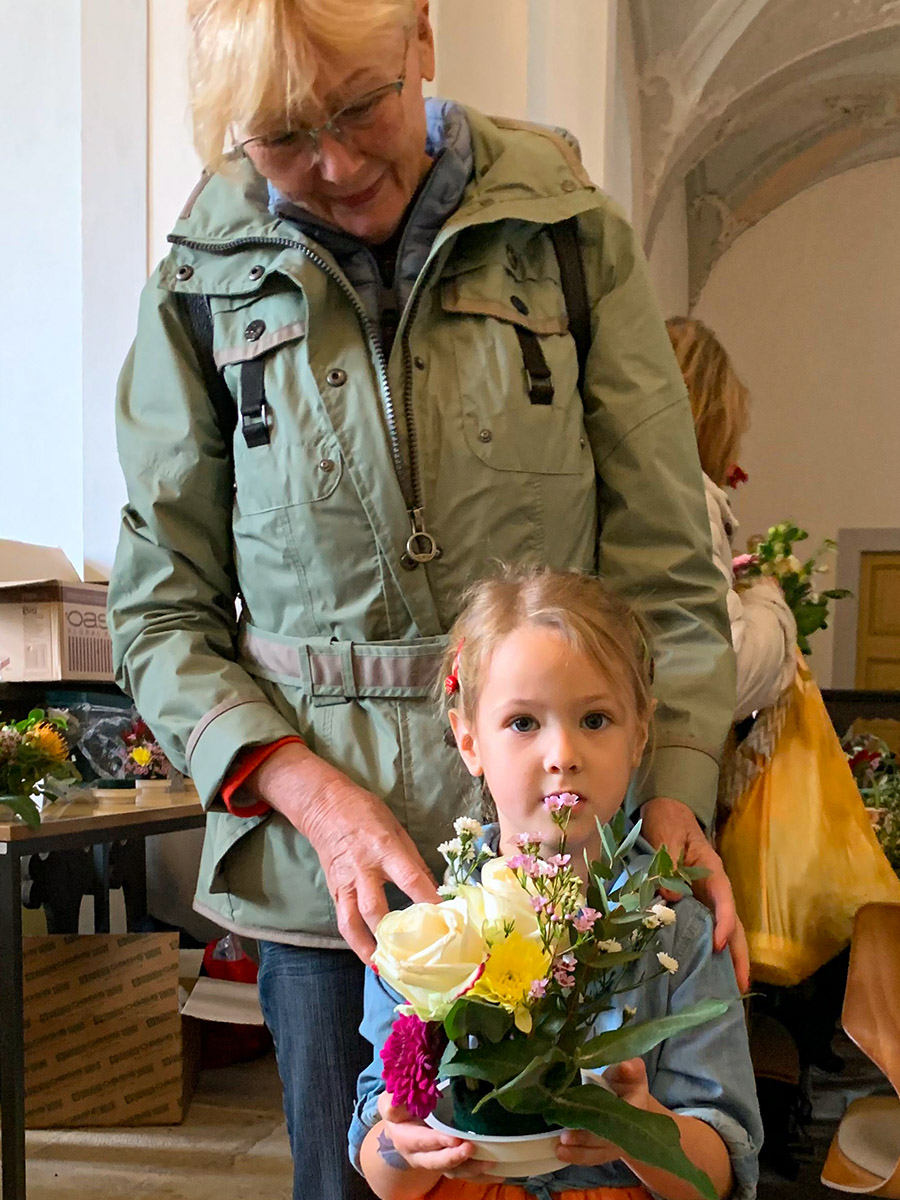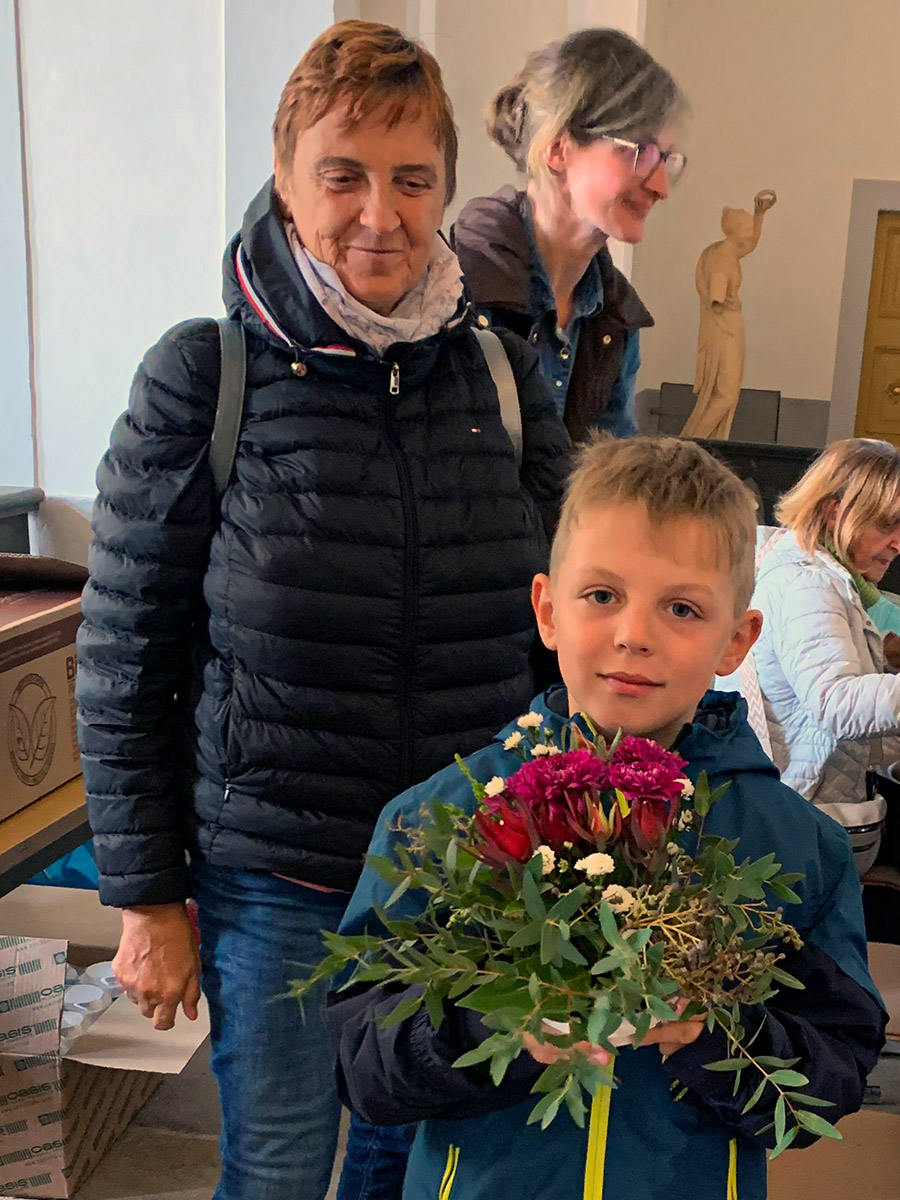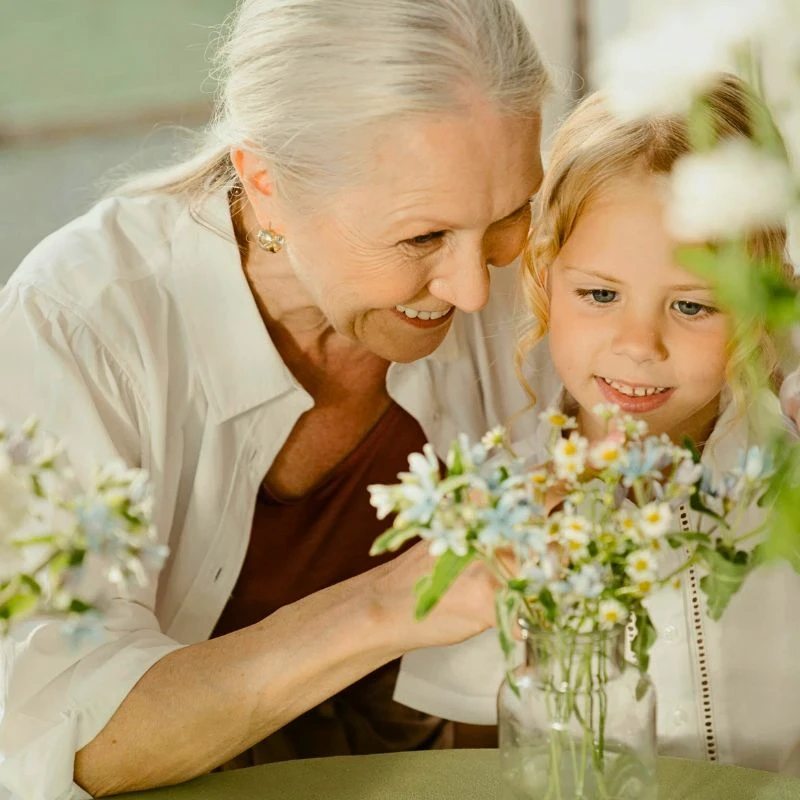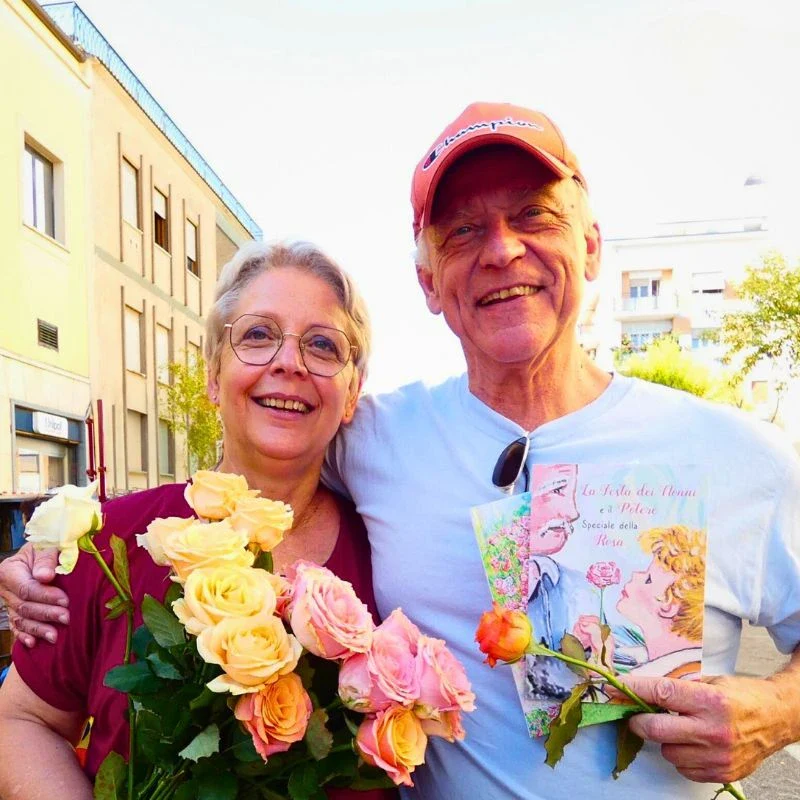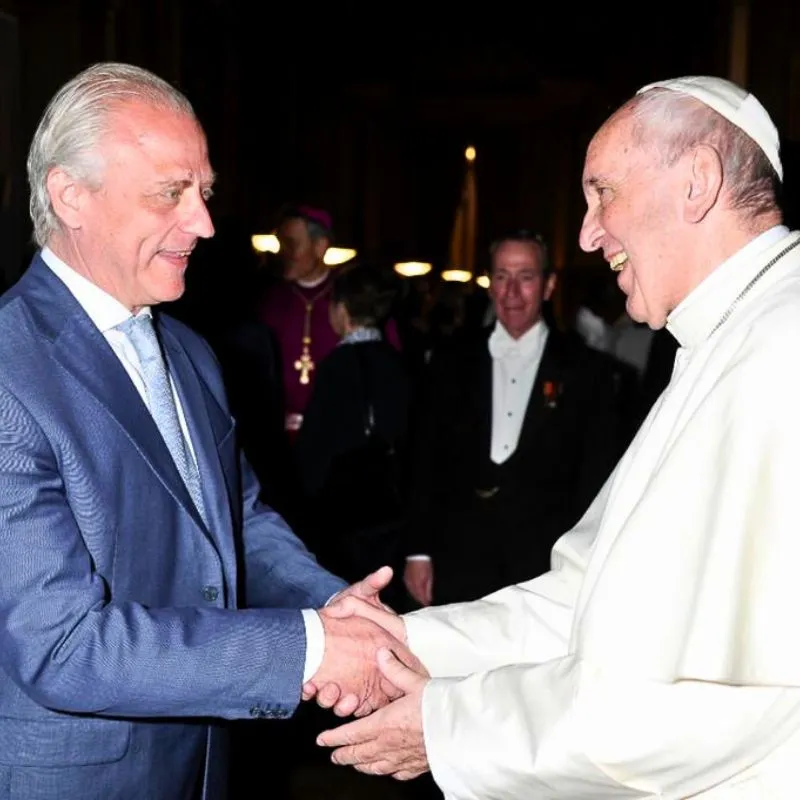Grandparents Day, known in Germany as 'Großelterntag', is celebrated each year on the second Sunday of October. Unlike other national days that honor specific family members, Großelterntag goes beyond mere celebration; it serves as a public acknowledgment of the immense role that grandparents play in family life and society. The day is especially meaningful in Germany, a country where family ties remain deeply rooted in tradition, but where modern life often pulls families in different directions, both geographically and emotionally.
The Origins of Germany's Großelterntag
Großelterntag owes much of its existence to the efforts of Charles Lansdorp, a Netherlands-based advocate who has long championed the importance of grandparents in children's lives. Lansdorp's work extends beyond just highlighting the nurturing role grandparents play; he focuses on their vital function as caregivers, teachers, and companions in today's fast-paced world. Germany's growing recognition of grandparents is mirrored by events like the one held at Heidecksburg Castle in Rudolstadt, a baroque palace that serves as a cultural hub in Thuringia. Lansdorp's drive to establish Großelterntag is not just about family togetherness but also about tackling serious social issues like loneliness among the elderly.


The celebration at Heidecksburg Castle on October 13, 2024, is an example of how Großelterntag blends cultural activities with heartfelt appreciation. The event, organized in cooperation with the Rudolstadt City Library, turned the historic castle into a place of joy and creativity. It wasn't just an afternoon of entertainment but a tribute to the unique bond between grandparents and their grandchildren. With a blend of old-world charm and modern appreciation, the event featured storytelling sessions, hands-on crafting, and even flower arrangement workshops.
Hansi von Märchenborn, a well-known storyteller, added a magical touch with his tales of princes and princesses, enthralling both young and old. Grandchildren had the chance to sit with their grandparents, enjoying stories that stirred memories while creating new ones. Meanwhile, creative stations allowed attendees to craft cards, crepe flowers, and buttons—simple yet meaningful keepsakes that strengthened the connection between generations.
Flowers for Grandparents
One of the standout elements was the floral arrangement workshop, made possible by a generous donation of flowers from Charles Lansdorp himself, who transported them all the way from the Netherlands. These flowers were used to create personalized bouquets, which were then gifted to grandparents as tokens of love and appreciation. The simple act of giving a floral arrangement took on a deeper meaning, symbolizing gratitude for years of love, care, and wisdom shared within the family.

Großelterntag isn't just about celebrating the joys of family life; it also serves as a platform to address important social issues, particularly the increasing isolation many elderly people face in today’s society. As life expectancy rises and family structures evolve, many seniors are left living alone or in care facilities, removed from the daily rhythm of family life. The event at Heidecksburg Castle made sure to emphasize this by involving the wider community. Children from the Radici Kindergarten in Rudolstadt visited the St. Elisabeth nursing home and distributed the flower arrangements crafted earlier in the day. This touching gesture reminded everyone that Großelterntag is not just about the nuclear family but also about extending warmth and care to those who may be feeling isolated.

By bringing flowers and simple acts of kindness to nursing home residents, the celebration tapped into the deeper purpose of Großelterntag—acknowledging the vital role grandparents play while addressing the societal need to combat loneliness among the elderly. These intergenerational connections are at the heart of why this day is so important. Grandparents are more than just family; they are often caretakers, cultural transmitters, and sources of stability in times of change. This makes Großelterntag a time not only for celebration but also for reflecting on how society can better support and include its elder members.

The Importance of Grandparents in Modern Family Life
In many families, also in Germany, grandparents serve as more than just occasional babysitters. They often provide regular childcare, enabling parents to work full-time or manage hectic schedules. This is important in a society where balancing work and family life remains a pressing issue for many households. Grandparents step in as caregivers, not just for short periods but often for months or years, creating bonds that are far deeper than what is typically acknowledged.
Research that was published on the website of Berkeley University shows that children who grow up with close relationships with their grandparents tend to have stronger emotional well-being and a better understanding of their cultural roots. Grandparents often serve as emotional anchors during difficult times, providing a sense of stability and wisdom that comes from years of life experience. Großelterntag acknowledges this vital role, offering families an opportunity to say a collective "thank you" to those who often remain in the background but whose contributions are invaluable.
Looking to the Future: The Role of Großelterntag in German Society
As Germany's population continues to age, the role of grandparents will likely become even more pronounced. With more dual-income households and the increasing cost of childcare, grandparents are stepping in to fill gaps in childcare that the state or private providers cannot. In this context, Großelterntag serves not only as a day of recognition but also as a reminder of the need to provide support for older family members.
Moreover, the day serves as a reminder of the importance of intergenerational bonds. In a world where families are increasingly dispersed—due to careers, education, or other factors—grandparents often become the linchpin that holds multiple generations together. Their presence provides children with a sense of continuity, tradition, and belonging. In many ways, Großelterntag is about more than just honoring individual grandparents; it is about reinforcing the importance of family cohesion in an ever-changing world.

Not Yet Mother's Day or Father's Day... But...
Großelterntag may not yet be as widely recognized as Mother's Day or Father's Day, but its significance is undeniable. It provides a much-needed space for families to honor those who often serve as the backbone of family life, offering care, wisdom, and stability. The event at Heidecksburg Castle in Rudolstadt is a prime example of how this special day can be both a celebration and a social call to action, reminding us all of the importance of caring for our elders and recognizing their invaluable contributions to family and society
Grandparents Day in Germany is more than a mere tradition—it's an opportunity to build lasting memories, bridge generational gaps, and ensure that no one, particularly the elderly, feels forgotten.
Großelterntag 2024 was made possible with the support of WBE, Greenflor, The Green Corner, Porta Nova, SK Roses, Zentoo, Lugt Lisianthus, Oudijk Gerbera, Together2Grow, Dutch Lily Masters, Coloríginz, Chrysal International, and the logistics support by Flowers United.

